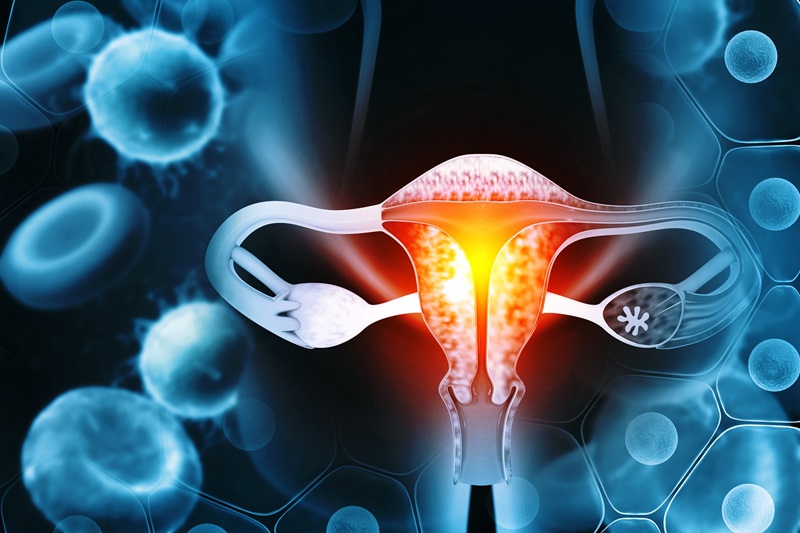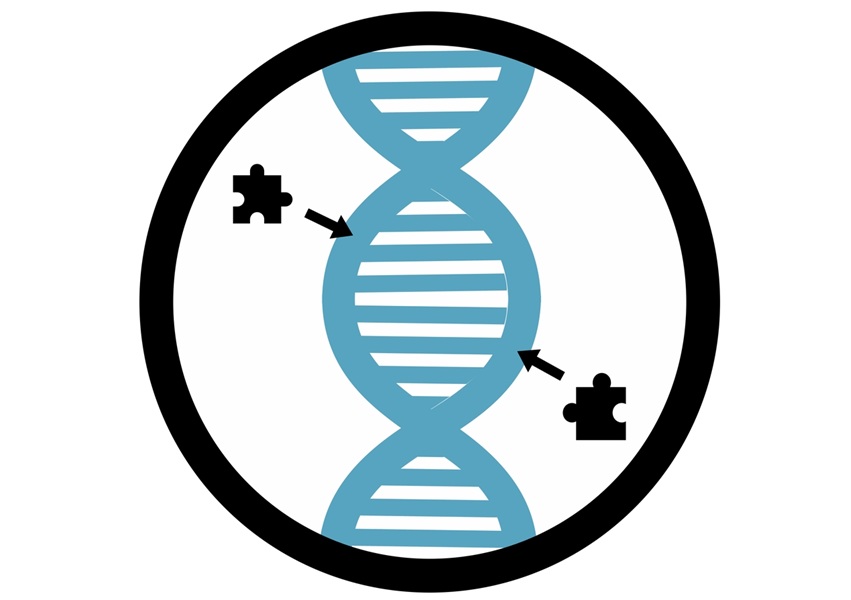Biomarker Test to Improve Endometrial Cancer Diagnosis
Posted on 25 Mar 2024
Womb cancer, a common cancer in women, is mainly characterized by abnormal bleeding, especially after menopause. While only a small fraction, 5-10%, of women experiencing such bleeding are diagnosed with womb cancer, various benign conditions like polyps and fibroids can also cause bleeding. Presently, women suspected of having womb cancer undergo a transvaginal ultrasound scan, which involves inserting a probe into the vagina to check the thickness of the womb's lining. If the lining appears thickened, further examination is done through hysteroscopy, a process where a narrow telescope equipped with a camera and light is introduced into the womb via the vagina and cervix, and sometimes a biopsy is conducted. These procedures, though thorough, are invasive and often cause discomfort, generating unnecessary stress for the majority of women who do not have the condition. Now, a simple, safe, and accurate test that identifies women with womb cancer from a sample taken from the vagina could spare many healthy women from unnecessary invasive tests.
Clinician scientists from the University of Manchester (Manchester, UK) have discovered a panel of five protein markers in vaginal fluid that can accurately differentiate women with womb cancer from those without the disease. This advancement has led to the development of a test boasting over 95% accuracy in identifying post-menopausal women whose bleeding stems from cancer, surpassing the accuracy of existing diagnostic methods. The new test raises hopes for enhancing womb cancer diagnosis and reducing reliance on the current, more invasive, and anxiety-inducing hospital procedures like hysteroscopy.

During the study, samples were collected from post-menopausal women presenting symptoms, including 53 diagnosed with endometrial cancer and 65 without. The research utilized SWATH-MS, an advanced mass spectrometry technique that calculates molecular masses to reveal their composition and structure. This approach allowed for the meticulous analysis of molecules and the creation of digital protein maps from the samples. Utilizing machine learning, the researchers identified the proteins that differed significantly between the samples, leading to the development of a simple and highly accurate diagnostic model based on proteins. Going forward, the team aims to develop clinically viable tests employing well-established methods such as ELISA or Lumipulse®, or potentially exploring new platforms like lateral flow tests for rapid point-of-care testing.
“The implications of this study are significant,” said Dr Kelechi Njoku from the from University of Manchester who led the study. “If translated into clinical practice, a non-invasive, cost-effective, and accurate detection tool could improve patient care by swiftly identifying those with womb cancer while sparing many healthy women from unnecessary invasive tests.”
Related Links:
University of Manchester













